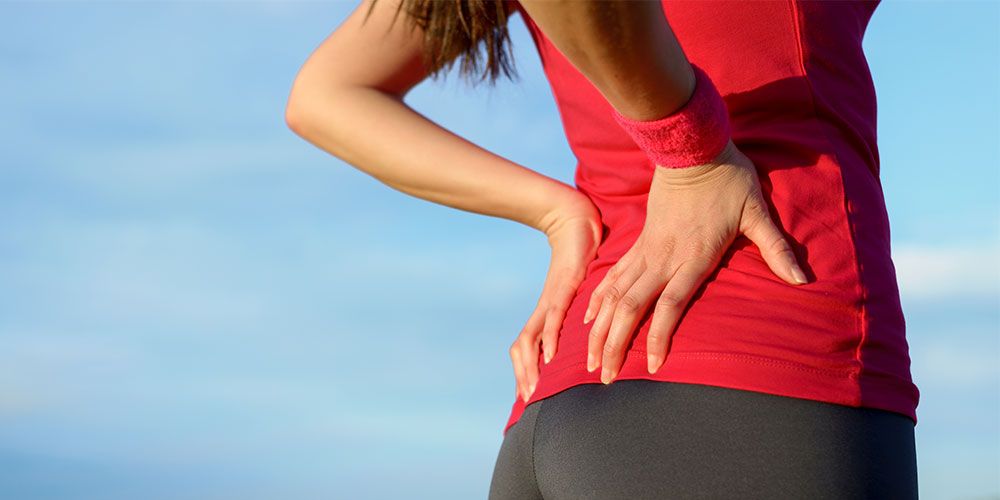
People might consider the usual reasons for feeling QL pain or Deep buttock pain. But instead, here are some unusual reasons which can cause severe pain in the buttocks.
Perirectal Abscess:
A pus-filled cavity known as a perirectal abscess develops in a gl next to the anus, the orifice through which excrement exits your body. A bacterial infection is what leads to the abscess. Babies frequently develop this kind of abscess.
Adults who experience diarrhoea, constipation, or another bowel movement issue are more prone to contracting an infection, the Back hurts when I cough. Some people have an unusual link between the epidermis the interior of their anus. It is known as a fistula. An abscess can develop if bacteria become entrapped in this link. For the fistula to be removed, your doctor might advise surgery.
Pilonidal Cyst:
A cyst can develop in various locations throughout your body. A pilonidal cyst differs from other cysts in that it contains minute fragments of skin hair. Cysts develop in the crevice between the buttocks.
These cysts can develop if a hair grows into your skin (ingrown hair). You might notice, in addition to the pain, pus or blood flowing from the incision, reddish skin, an offensive odour. Men those who spend a lot of time sitting still are more likely than women to develop a pylonidal cyst. They can also be acquired from friction, such as when riding a bike.
Sacroiliac Joint Dysfunction:
The sacroiliac joint joins the triangular sacrum bone at the base of your spine to your pelvic bone. Inflammation of this joint can result in lower back pain that may travel down your buttock to the top of your leg. Walking, running, or climbing stairs might worsen the discomfort, but there are ways to get relief. Physical treatment can help the joint remain flexible gain strength. Misdiagnosis of sacroiliac joint pain as a different form of low back pain is common.

Arthritis:
Your joints can become painful stiff as a result of arthritis. Some types are brought on by the joints’ gradual deterioration with time use. Others result from a combined immune system attack. For example, hip joint arthritis might result in pain that spreads to the buttocks. As you move the joint, the pain stiffness may initially be severe in the morning. Physical therapy medication can provide both aids with pain management.
Conclusion:
Your physician might advise injections of corticosteroids to reduce inflammation, physical treatment such as Kas glute bridge to increase range of motion strengthen the muscles around the injury, surgery to remove an abscess or cyst, or treat a damaged disk, or replace a worn-out joint.

